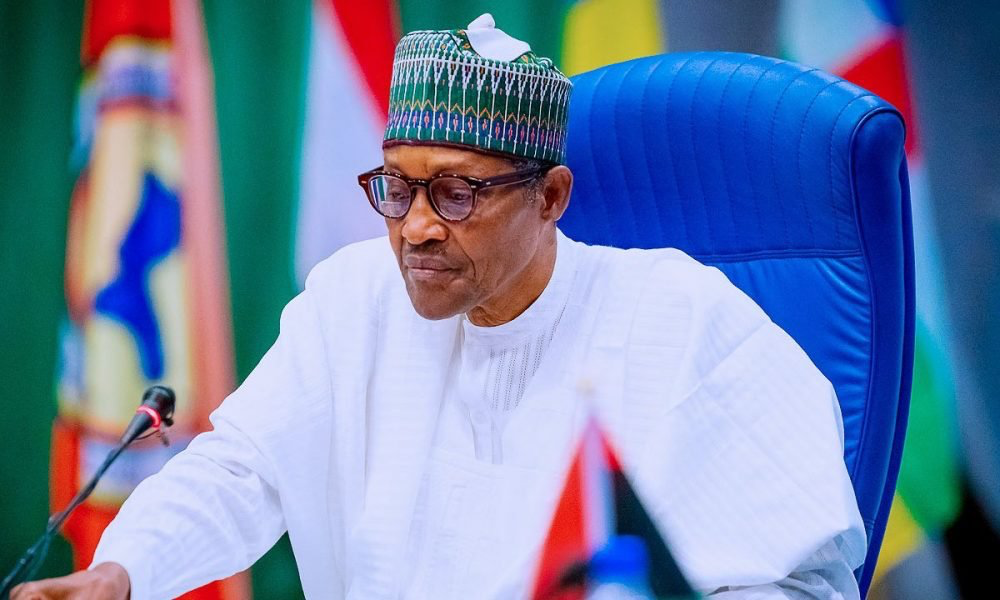Buhari Signs Petroleum Industry Bill Into Law
 President Muhammadu Buhari has on Monday, August 16 signed the Petroleum Industry Bill (PIB) 2021 into law.
President Muhammadu Buhari has on Monday, August 16 signed the Petroleum Industry Bill (PIB) 2021 into law.
In statement issued by Femi Adesina, presidential spokesman, Buhari assented to the bill in his determination to fulfill his constitutional duty.
The passage of the PIB has proved to be a real nightmare for successive administrations since the need for the bill was first mooted by former President Olusegun Obasanjo administration.
Read Also: National Assembly Passes Petroleum Industry Bill After 20 Years
In 2018, after the national assembly passed a harmonised version of the bill — the petroleum industry governance bill (PIGB), President Muhammadu Buhari refused assent due to “legal and constitutional reasons”.
PIB contains 5 chapters, including governance and institutions, administration, host communities development, petroleum industry fiscal framework and miscellaneous provisions in 319 clauses and 8 schedules.
Adesina also noted that Buhari is working from home in line with the five days’ quarantine as required by the presidential steering committee on COVID-19 after returning from London on August 13.
The statement reads;
The ceremonial part of the new legislation will be done on Wednesday, after the days of mandatory isolation would have been fulfilled.
Petroleum Industry Act provides legal, governance, regulatory and fiscal framework for the Nigerian petroleum industry, the development of host communities, and related matters.
The senate had passed the bill on July 15, 2021, while the house of representatives did the same on July 16, thus ending a long wait since early 2000s.
On July 1, the senate and the house of representatives had recommended 3% and 5% percent respectively to host communities.
Read Also: PIB: Senate Adopts 3% Allocation To Host Communities As South-South Lawmakers Kick
This, however, generated reactions from stakeholders in the oil industry and leaders in the Niger-Delta region.
Several stakeholders including Seriake Dickson, senator representing Bayelsa west; Douye Diri, governor of Bayelsa state; Edwin Clark, an Ijaw national leader, have argued that three percent is unacceptable
At the public hearing on the bill, representatives of the host communities had demanded that they be allocated 10 percent on the grounds that three percentage is not enough to improve the standard of living of their people.
